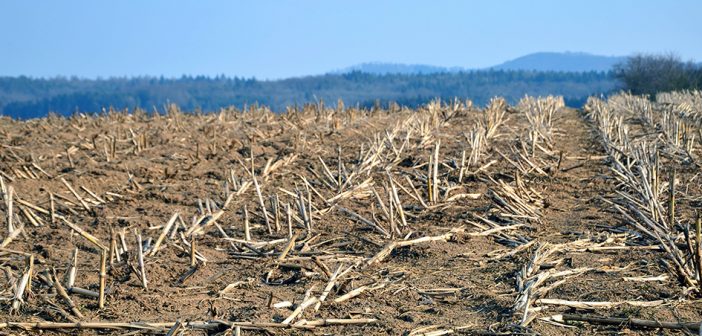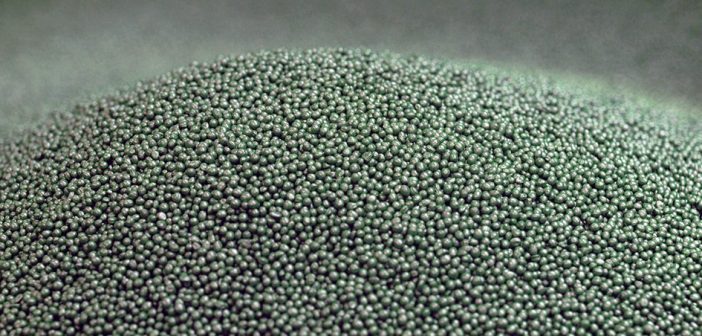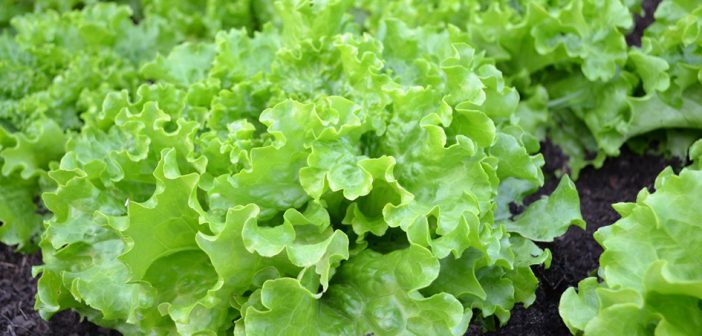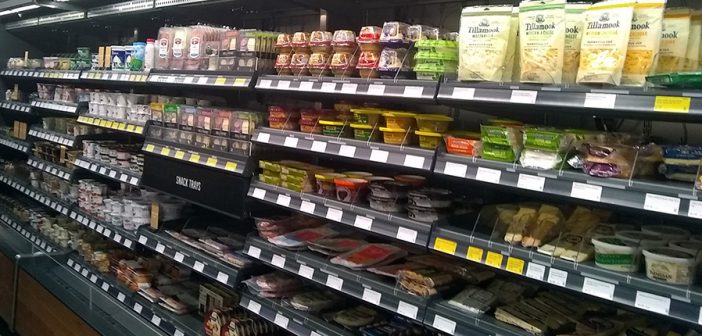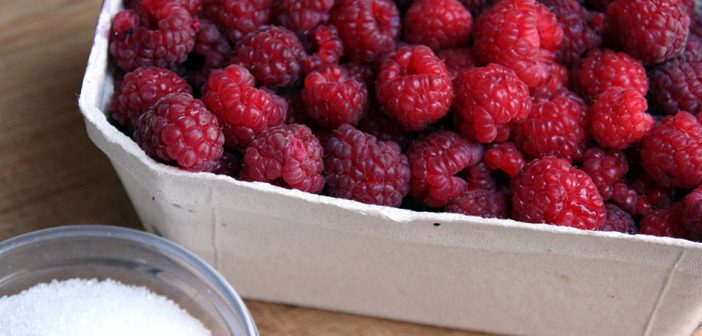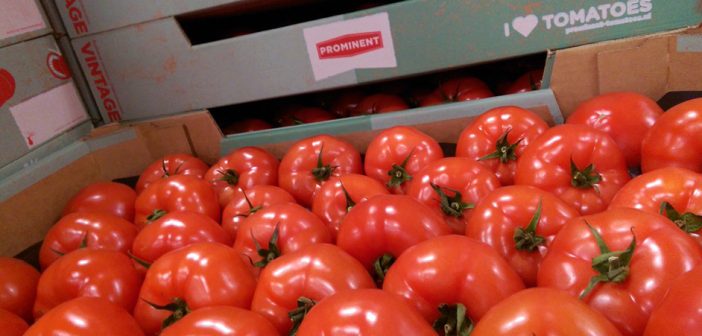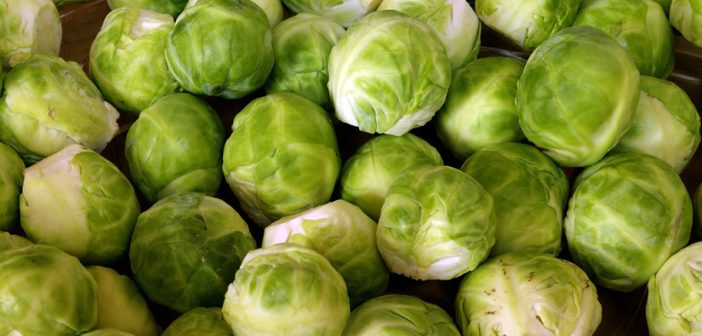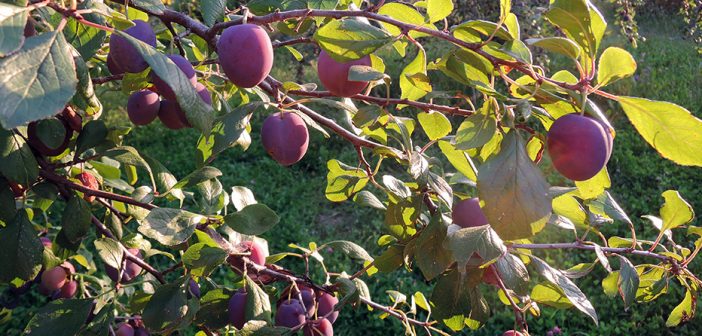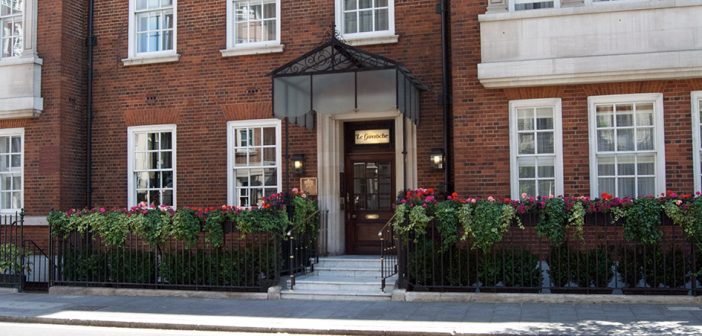At BioCycle REFOR18 stand 38, HRS Heat Exchangers will be demonstrating the crucial role that heat exchangers can play in improving the overall efficiency of biogas plants: from pre-heating feedstock to concentrating and pasteurising digestate.
HRS Heat Exchangers provides a wide range of dedicated heat exchangers for the anaerobic digestion sector around the world, including feedstock and sludge heaters, multi-tank pasteuriser systems, evaporators, exhaust gas cooling, thermal hydrolysis, the HRS Digestate Concentration Systems (DCS) and the HRS Biogas Dehumidification System (BDS). Due to their high efficiency design which can include heat regeneration, not only do many HRS units need no additional energy input – instead utilising existing previously wasted heat from CHPs and other processes, but they maximise the amount of heat which can be re-used again.
HRS Heat Exchangers’ International Sales & Marketing Director Matt Hale explains:
“Every anaerobic digestion (AD) facility is different, but all of our systems are designed to recapture and utilise energy which would otherwise go to waste. Not only does this increase the efficiency of both our equipment and the AD plant overall, but it is also good for your pocket and good for the environment.”
Experienced HRS staff will be on hand throughout the BioCycle REFOR18 event to explain the full range of HRS products to the anaerobic digestion sector, including:
- Biogas cooling: cooling and recapturing the heat from exhaust gases, for example using an HRS G Series heat exchanger, can increase the efficiency of combined heat and power (CHP) plants, with the recovered energy being used elsewhere in the plant.
- Feedstock and sludge heating: maintaining the ideal digester temperature (particularly in the case of thermophilic plants) is essential for full material conversion, while pre-heating the feedstock prior to putting it in the digester can reduce the amount of heat needed in the digester itself. For such applications the HRS DTI Series of heat exchangers is ideal for ensuring a high level of heat transfer while minimising blockages or fouling.
- Feedstock or digestate pasteurisation: not only are there legislative or quality drivers for pasteurisation, but operators of AD plants are increasingly seeing pasteurisation as a way of demonstrating the quality of their digestate product and increasing its value. HRS DPS (Digestate Pasteurisation Systems) are specifically designed to cope with difficult materials while maximising energy efficiency.
- Digestate concentration & evaporation: reducing the volume of digestate can not only improve its quality as an organic fertiliser, but it also reduces storage, transport, application and disposal costs. The HRS DCS (Digestate Concentration System) uses a multi-stage evaporation process to concentrate digestate.
Thermal hydrolysis for enhance biogas production: HRS has developed a process for the continuous thermal hydrolysis of digester sludge. This treatment changes the cell structure of the compounds, breaking down lignin and hemi-cellulose chains to create free sugars which are easier for the bacteria to digest. - Biogas Dehumidification System: The HRS BDS Series is an efficient solution to cool and dehumidify biogas for combustion. The system condenses up to 90% of the water contained in the gas, which is continuously separated before the lean biogas is ready for use.
Matt Hale adds:
“If you have an AD plant, then we can supply the best system for any thermal process associated with the feedstock, digestion, biogas or digestate. Not only that, but a heat recovery step can be included as a standard option on most of our systems, reducing energy costs by between 20 and 40% which also reduces the payback period considerably. Most of our equipment is easily integrated into existing plants, or we can design bespoke solutions for more complex applications. In addition our systems include state of the art system monitoring and cleaning systems, to reduce management time and effort.”
Learn more about the full range of AD systems from HRS Heat Exchangers on Stand 38 at BioCycle REFOR18 in October.
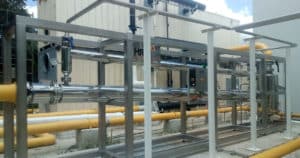
The post Heat Exchangers to improve AD plant efficiency appeared first on HRS Heat Exchangers.
